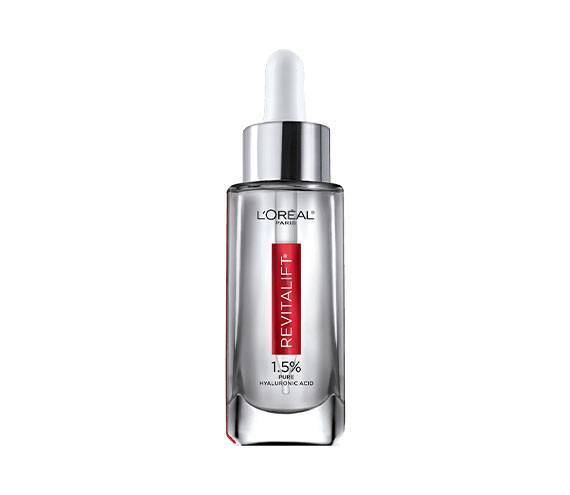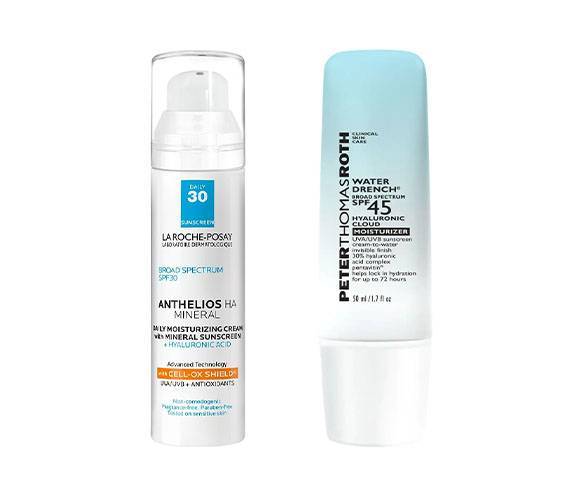What’s the Difference Between Fine Lines and Wrinkles?
December 21, 2021Of all the things that happen to our skin as we age (read: discoloration, loss of firmness, dullness), fine lines and wrinkles can be especially difficult to treat once they’ve developed. Before loading up on anti-aging serums and moisturizers, it’s important to understand what causes these concerns. Here, Dr. Elizabeth Houshmand, board-certified dermatologist and Skincare.com consultant, is explaining everything you need to know about fine and wrinkles, including how they differ and how to treat them.
What Are Fine Lines and Wrinkles?
“Fine lines are early signs of wrinkle formation,” says Dr. Houshmand, “They are tiny skin creases that usually occur in the most expressive areas of your face, like around the eyes, mouth and forehead.” If you furrow your brow, squint, or smile often, these repeated expressions with your face can cause creases or lines to appear over time. As you age, your skin’s natural elasticity decreases, and as a result, these lines in your skin may have a hard time bouncing back into position.
Unlike fine lines, wrinkles are dependent on your age, and are often more noticeable than fine lines. “You can think of wrinkles as fine lines in the later stages of their life,” she says. An important thing to keep in mind is that fine lines can eventually become permanent and transition into a deeper, more obvious groove, like a wrinkle. Although everyone will get some sort of wrinkle formation on their skin eventually, there are certain measures you can take to lessen their appearance and help keep them at bay (keep reading to find out how).
What Causes Fine Lines and Wrinkles?
Dr. Houshmand explains that fine lines and wrinkles don’t necessarily have to be a sign of aging. In some cases, they can signify a lack of moisture in the skin due to other factors, such as excessive sun damage. “As we age, our skin becomes thinner and drier,” explains Dr. Houshmand. Excessive sun exposure and free radical damage can contribute to visible signs of aging. Natural aging, which results in skin losing its elasticity and bounce due to the passage of time, can cause wrinkles to form as well, and can contribute to fine lines transforming into wrinkles.
How to Reduce the Appearance of Fine Lines and Wrinkles
When it comes to keeping fine lines and wrinkles at bay, the recommendation is the same for both. Hydrating your skin regularly with the right moisturizers and drinking the recommended amount of water daily can help prevent dehydration. Dr. Houshmand also suggests using topical ingredients, such as hyaluronic acid, in your skincare routine to keep your skin hydrated and supple, which can minimize the appearance of lines. We like the L’Oréal Paris Derm Intensives 1.5% Pure Hyaluronic Acid Serum for this.

Last but certainly not least, wear broad-spectrum sunscreen each and every day. “Wearing a broad-spectrum sunscreen daily is number one so your skin isn’t photo-damaged and prematurely photoaged,” says Dr. Houshmand. Try the La Roche-Posay Anthelios Mineral SPF Moisturizer with Hyaluronic Acid or the Peter Thomas Roth Hyaluronic Cloud Moisturizer with SPF 45. “If you take preventative measures starting early, you can help slow the visible signs of the natural skin aging process,” she says.

Photo: Chaunte Vaughn
Read More:
11 Hydrating Products Our Editors Love
How to Keep Your Pillow From Absorbing Skincare Products Overnight